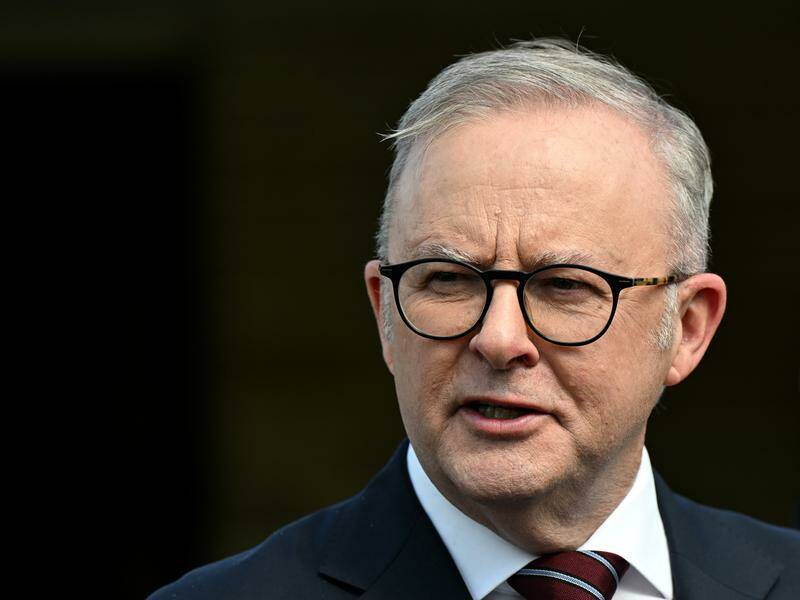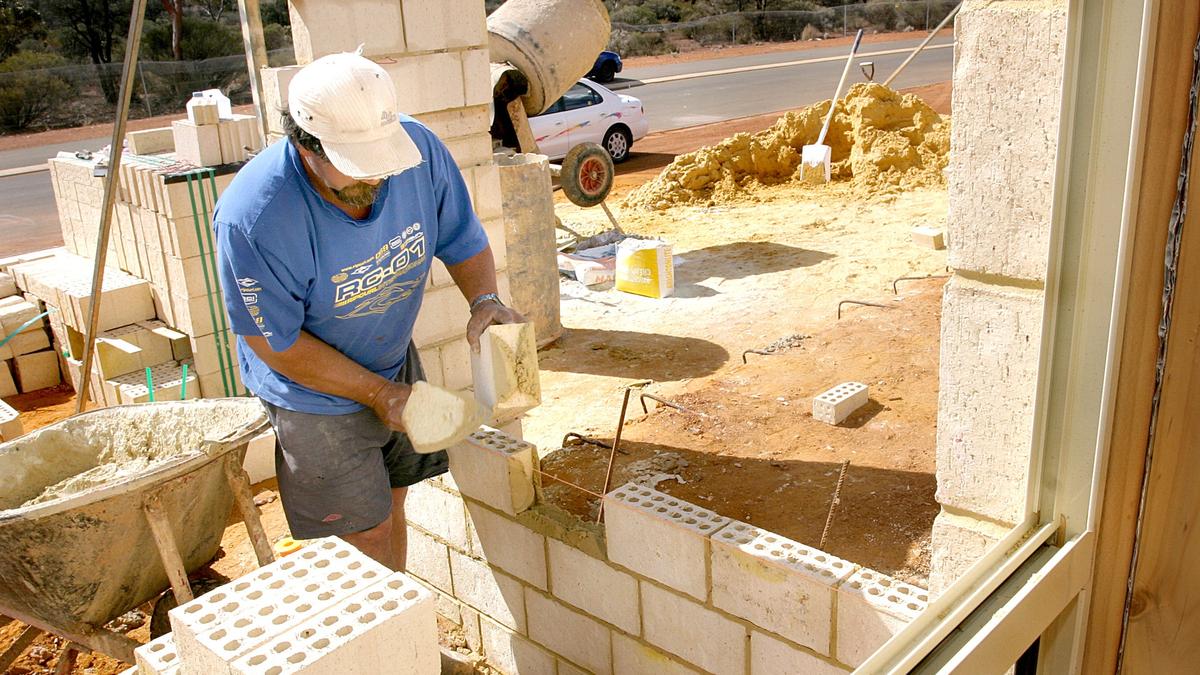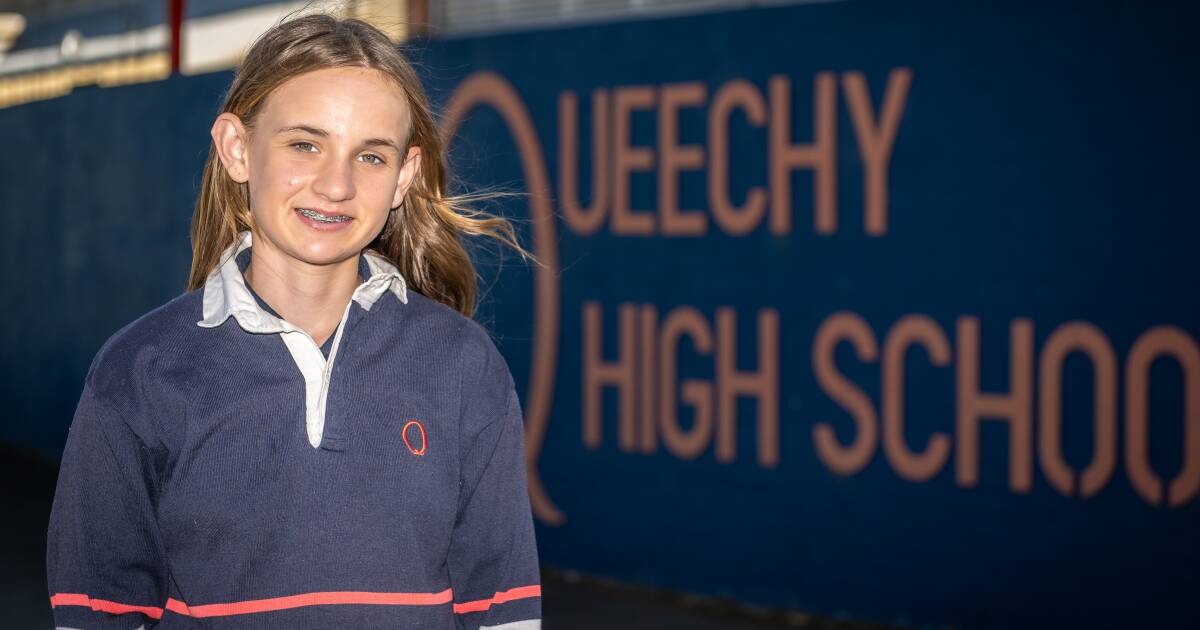
Prime Minister Anthony Albanese has seen a rise in approval ratings, according to a recent Newspoll, marking the first time in two years that a greater percentage of voters are satisfied with his performance than those who are dissatisfied. The poll, published in The Australian on August 14, reveals that 49% of voters now express satisfaction with Albanese, while 46% are dissatisfied, resulting in a net approval rating of plus three. This improvement comes after a net rating of zero recorded in September 2023.
The survey indicates that the Labor Party maintains a strong lead over the Coalition, with a two-party-preferred vote of 56% to 44%. This is a slight decrease from the previous poll, which had Labor at 57% and the Coalition at 43%. Labor’s primary vote remains stable at 36%, while the Coalition’s support increased by one percentage point to 30%. The Greens retained 12%, One Nation rose to 9%, and support for independents and minor parties fell to 13%.
Coalition Leader’s Ratings Decline
The approval ratings for Sussan Ley, the leader of the Coalition, have dropped to a net approval rating of minus nine, down from minus seven in the previous month. Approximately 21% of respondents indicated that it is too early to evaluate her performance. When asked who would make a better prime minister, 51% of voters preferred Albanese, while 31% favored Ley, with 18% remaining uncommitted.
The Newspoll surveyed 1,283 voters online between August 11 and August 14, 2023.
Divided Opinions on Palestinian Statehood
In a separate poll conducted by Resolve, voter support for the Australian government’s plan to recognize Palestinian statehood is notably divided. According to the poll, 36% of participants do not believe that such recognition will impact the situation in the Middle East, while 25% feel it will. The remaining 40% of respondents expressed uncertainty about the issue.
Pollster Jim Reed commented on the findings, stating, “The feedback is that this move is largely symbolic, which is not to devalue the power of symbols. But in this case, people don’t think Australia’s actions will make much, if any, difference on the ground in Gaza.”
Australia is planning to align with countries such as France, Canada, and the UK in recognizing Palestine at the upcoming United Nations General Assembly meeting in New York next month. When asked whether Australia should delay recognition until Hamas, the governing body in Gaza, is replaced or until Palestine acknowledges Israel’s right to exist, 32% agreed with a conditional approach, while 24% supported recognition regardless of the ruling authority.
The Resolve poll included responses from 1,800 voters, conducted between August 11 and August 16, 2023.
Both polls reflect significant trends in Australian politics, with Albanese’s rising approval juxtaposed against a split public opinion regarding international recognition of statehood, highlighting ongoing complexities in both domestic and foreign policy.






